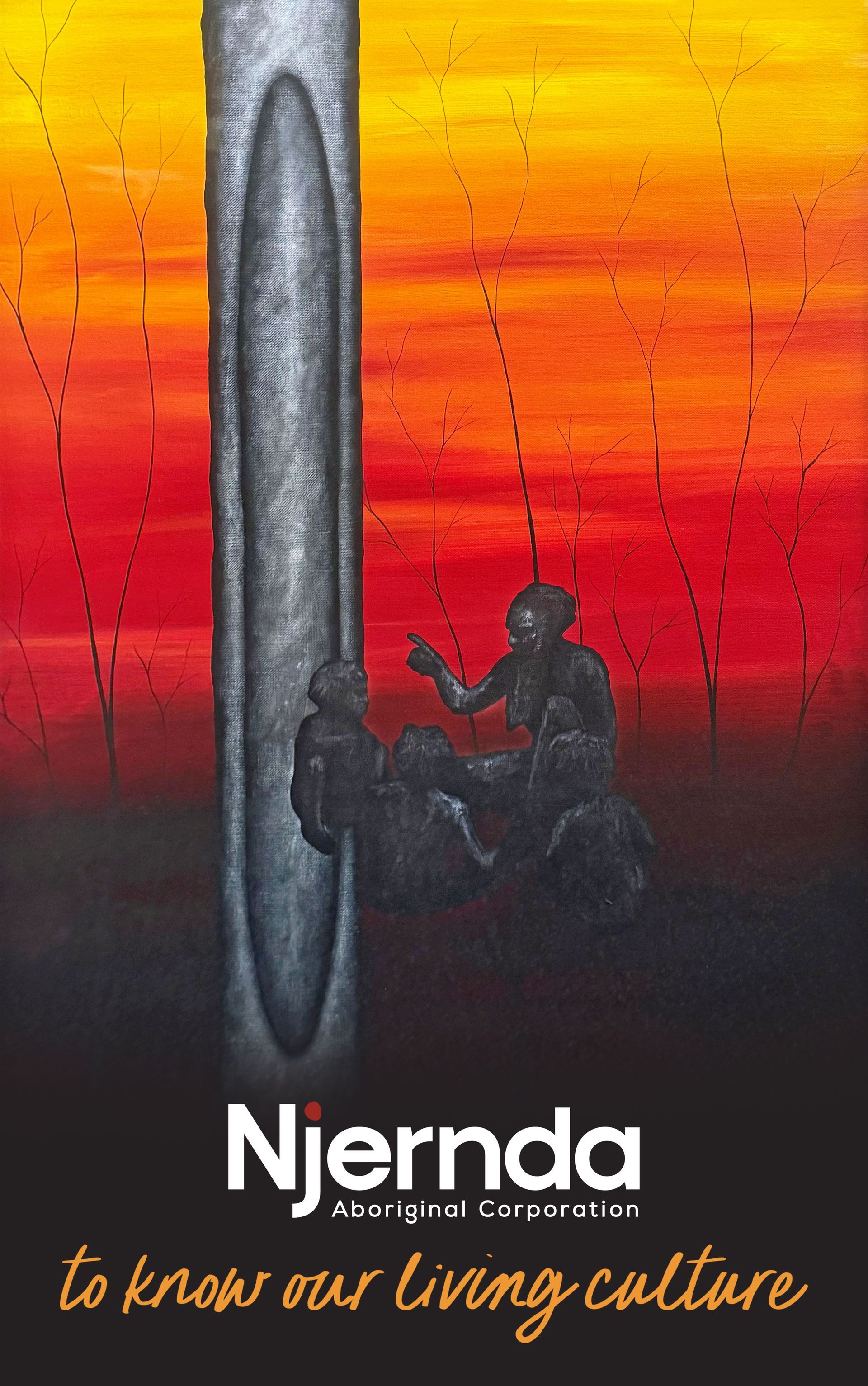When Aboriginal and Torres Strait Islander children need to live away from their immediate families, our priority is to keep them connected to kin, culture and Country.
Njernda’s Out of Home Care services focus on safety, stability and identity with the child’s voice and family at the centre.
Aboriginal Family Led Decision Making (AFLDM)
A culturally respectful process that empowers Aboriginal families to make decisions about the safety and care of their children with the support of Elders, community, and professional facilitators.
Placement and Support
We match children with culturally appropriate care placements and provide ongoing support to carers and families to ensure stability, safety and wellbeing.
Kinship Care and Case Contracting
Support for children living with relatives or close family friends. We help kinship carers navigate the system, access support, and provide safe, nurturing homes grounded in culture.
Kinship First Supports
Early support for new kinship placements to help carers feel confident and connected. We offer practical assistance, cultural support, and a strong focus on maintaining family ties.
Foster Care
When no kinship placement is available, we work to place children with Aboriginal foster carers who can provide a safe, culturally connected home. We support carers with training, guidance and connection to community.
Targeted Care Packages
Tailored support to help children leave residential care and move into culturally safe family-based placements. Packages include flexible funding and wraparound services to meet each child’s unique needs.
Cultural Planning
We work with children, families and carers to develop meaningful Cultural Support Plans that help children in care stay connected to their heritage, identity, and community.
Wala Yarka
Wala Yarka, which means Water Children in Yorta Yorta language, Wala Yarka puts culture and family at the centre of working with children and young people in care. The program works to empower Aboriginal families to make decisions for their children’s future with family, culture and community at the centre of their lives.
Are you our next Foster Carer?
Foster care is not a one size fits all approach.
We encourage people from all different backgrounds, experiences and families to consider foster care.
Who can become a Foster Carer?
Our minimum requirements:
- Be at least 21 years old
- Be able to pass relevant background checks & have good physical and emotional health
- Be an Australian citizen or permanent resident (in most cases)
We value diversity. Our foster carers are:
- Single or coupled
- Parents or non-parents
- LGBTIQA+
- Working full-time or retired
- Renting or owning their home
- From diverse cultural backgrounds with diverse life experiences
- Dedicated to maintaining and supporting children’s connection with their Aboriginal and/or Torres Strait Islander family, community and culture.
What types of Foster Care are there?
Respite care
This involves short-term or alternating care of children living with full-time foster or kinship carers, (e.g. one or two weekends a month, during school holidays or as required), to provide full-time carers with respite and provide a positive experience for the child.
Emergency care
This is the care of a child who requires immediate care due to concerns for their safety. Because these arrangements are urgent, there is usually very little notice before a child or young person is placed with the carer. They can often occur in the night.
Short term foster care
Short term care is limited in time, ranging from overnight up to about six months. Children and young people requiring short-term care are often reunified with their parents or may be placed with extended family at the end of the foster care arrangement.
Short term care may be needed because of:
- an emergency e.g. illness or other family crisis
- intervention by Child Protection, where a child is removed from their parents to ensure their safety and well-being.
During short term care, the carer has an important role in promoting the child’s contact and connection with their family and community.
Long term foster care
This is where a child or young person cannot return home for some time. It may end when a permanent care order is made, or when the child or young person reaches adulthood and becomes independent. Unless specified by the Children’s Court, children in long-term care maintain contact with their families. The carer has an important role in promoting the child’s contact and connection with their family and community, even in long-term care scenarios.

